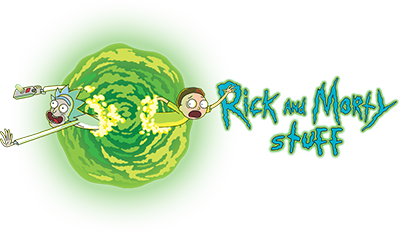Ginny & Georgia: A Deep Dive Into the Show’s Most Controversial Moments
“Ginny & Georgia,” the Netflix original series that follows the dynamic relationship between a teenage girl, Ginny, and her mother, Georgia, has become a topic of discussion not just for its engaging storytelling but also for its controversial moments. The series has tackled various subjects, from race and privilege to body image and parental relationships, with a unique blend of humor and drama. As fans eagerly await the next season, it’s worth taking a closer look at some of the most controversial moments that have sparked conversation.
Addressing Privilege and Class Differences
One of the pivotal themes in “Ginny & Georgia” is the stark contrast in privilege and class that influences the characters’ lives. In the first season, we see how Ginny struggles with her identity as a biracial teenager in a predominantly white town while her mother, Georgia, uses her charm to navigate social circles that highlight class differences. This interplay of privilege is starkly depicted through various moments, like the school’s elitism and the characters’ reactions to it. Some viewers applauded the show for bringing these issues to light, while others felt it oversimplified complex social dynamics. The heated debates among fans illustrate how these themes resonate personally with many, making the show both relatable and contentious.
Exploring Complicated Relationships
The relationship dynamics presented in “Ginny & Georgia” are another source of controversy. The show portrays Georgia as a fiercely protective mother who often blurs the lines between friendship and parental responsibility. This complex relationship raises eyebrows, as instances of Georgia’s manipulative behavior have led viewers to question her parenting decisions. By exploring the boundaries between a mother and daughter, the series triggers discussions about healthy relationships and the potential pitfalls of emotional enmeshment. While some viewers connect with Georgia’s unorthodox parenting style, others critique it, noting that such dynamics can set a dangerous precedent. The show’s ability to evoke strong opinions on this topic demonstrates its depth in character development.
The Ginny & Georgia shop: Merchandising Controversies
In addition to its plot lines, “Ginny & Georgia” has also generated buzz with its merchandise, particularly the “Ginny & Georgia shop.” Fans have embraced a variety of products from apparel to collectibles, all themed around the show. However, this commercial venture has not been without its controversies. Some merchandise items have sparked debates over cultural sensitivity, particularly when they incorporate certain phrases or items that viewers feel are culturally appropriative. The ongoing discourse around the show’s merchandising highlights how pop culture intersects with social issues, and how businesses within entertainment need to tread carefully in their marketing strategies. It also amplifies the debate of how popular shows and their associated brands can sometimes step into territories that require a more conscientious approach.
Conclusion: A Reflection on Impact
Ultimately, “Ginny & Georgia” has sparked vital conversations about societal issues, relationships, and the impact of representation on screen. While the show has undoubtedly faced its fair share of controversies, these discussions echo a broader conversation about the role of media in shaping perspectives. As viewers continue to engage with the show’s themes and characters, it exemplifies how entertainment can be a platform for dialogue. Whether you fall on the side of advocating for its portrayal of difficult subjects or critiquing its execution, it’s clear that “Ginny & Georgia” has made its mark, warranting ongoing analysis and reflection. As fans eagerly anticipate the next season, it remains to be seen how the characters will evolve and how the show will navigate the choppy waters of cultural discourse.

